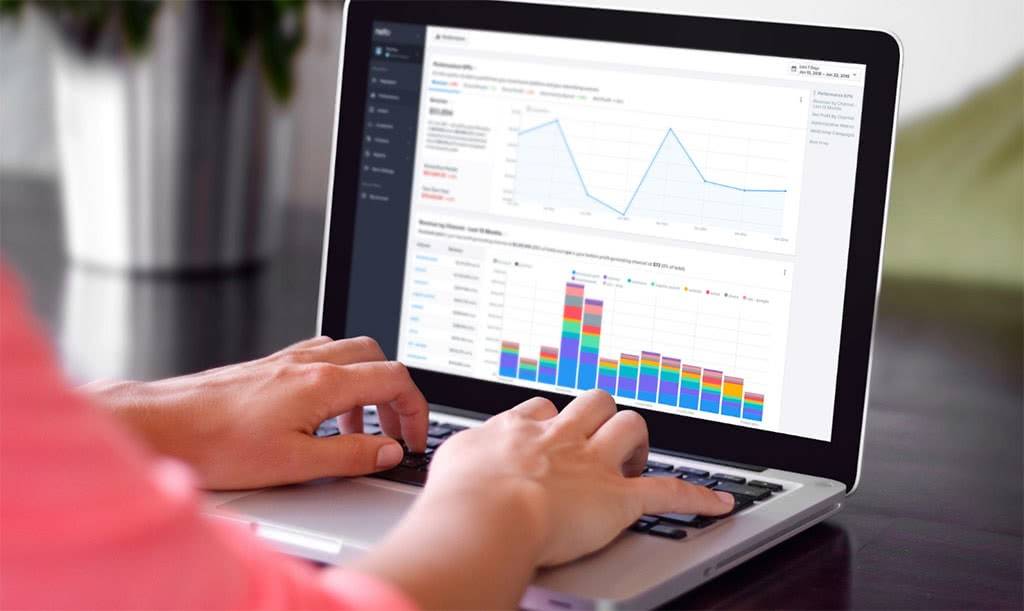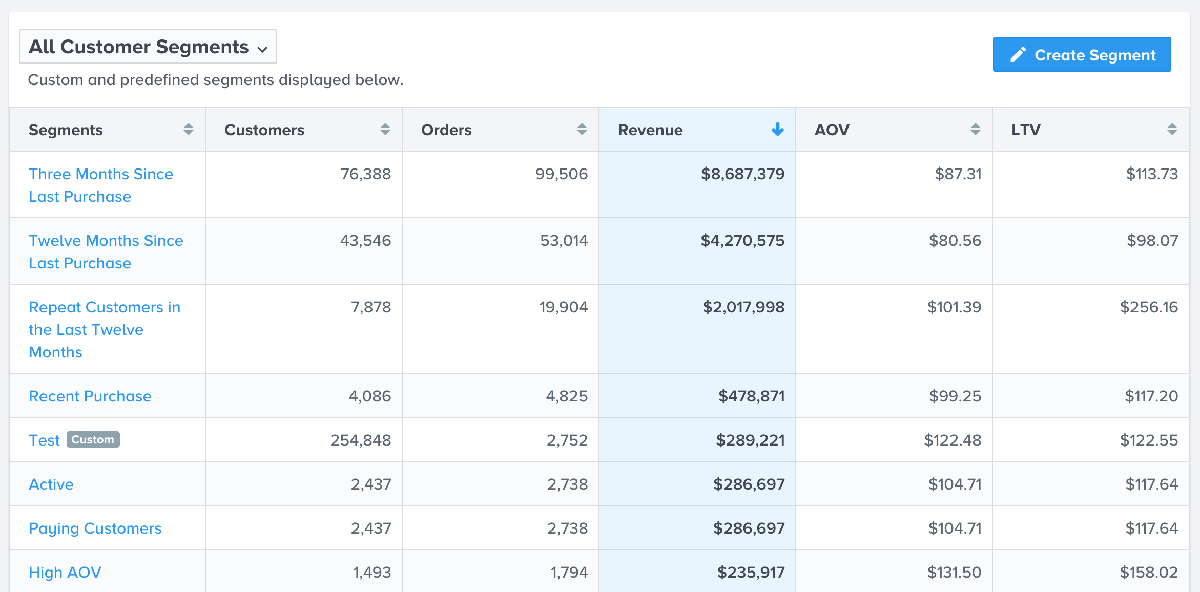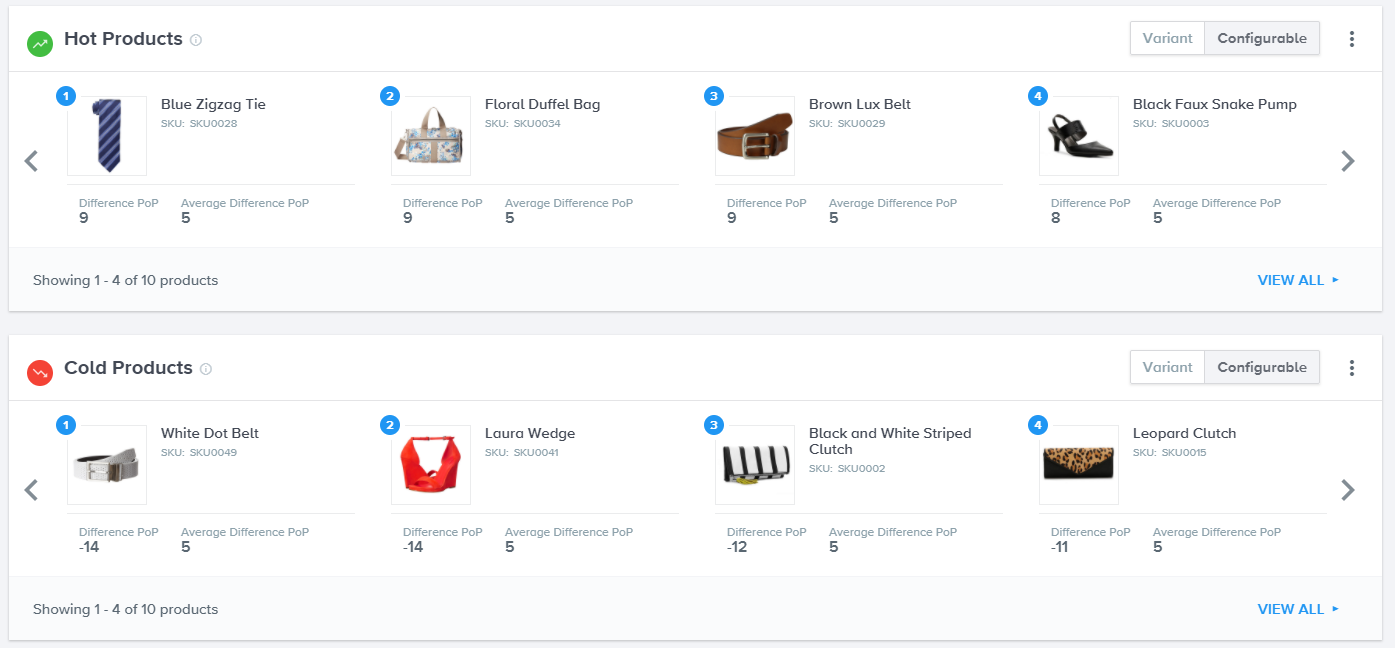
Ecommerce and Retail • Neto

These days, ecommerce marketers have some of the best, most in-depth tools available to them to simplify operations, improve productivity, and fuel marketing strategies; all of which increase their business’ bottom lines. Unfortunately, many don’t take advantage of all that technology has to offer, but the ones who do, are the ones who are seeing success. The reality is, ecommerce marketers who are at the top of their game may not be any more market savvy than others. What they do know is how to get the information they need to make sound, effective, and profitable marketing decisions – by drilling down into their data.

Successful ecommerce marketers know how to maximize their ROI and achieve long-term success, and it isn’t by ignoring their data. Every marketing strategy has room for improvement.
Here are some ways that you can use data to improve yours:
When you are laying the foundation for your data-driven marketing strategy, you have to know what you are working toward and how to measure your progress. Setting goals and determining which metrics are going to help you understand your marketing performance are the steps to take to put your data to work for you.
There are some metrics that are essential to every ecommerce marketer like conversion rate, cart abandonment rate, bounce rate, lifetime value, average order value, and the like. But there may be additional metrics that you need to monitor that are specific to the goals you have set. For example, if you have a goal to increase your percentage of repeat customers, then you will want to monitor metrics that identify customers who have made purchases only once, or customers who have visited your site but not made a purchase yet. Then you are able to target marketing efforts to those specific segments.

Customer segmentation is key when your marketing strategies are targeted. It’s important that the software solution you use for analytics and reporting offers you the ability to segment your data by customer. That will ensure that your marketing emails, Facebook and Instagram advertising, and special deals and offers go out to the right group of customers.
| Related Reading: 27 Ecommerce Metrics You Should Be Tracking (and How Often)
It isn’t uncommon for ecommerce retailers to hang on to sales channels that aren’t performing well. One of the biggest mistakes that you can make is investing too many marketing dollars into channels that just don’t work. But how do you know which of your sales channels are working and which ones aren’t? You won’t be able to answer that if you aren’t monitoring your marketing data. Fortunately, when you do begin keeping an eye on that data, you will quickly learn where you should be concentrating your efforts, and where you should trim the fat.
Even the best data and analytics aren’t able to predict the future, but with the right data you are able to more accurately anticipate patterns and trends that will help you make better marketing decisions. For example, you might look at your data and notice that customers are often buying a specific selection of products together. That would indicate that utilizing bundling of those products might bring you even more sales, or that adding an additional product to the bundle would help move it off your shelves faster.
Use product segmentation in your reporting to identify your products’ performance. When you are able to see, at-a-glance, just how your products are selling, you are able to forecast inventory needs accurately and plan for any patterns and trend that you identify.

| Related Reading: Top 10 Ecommerce Analytics Reports to Run in Neto Analytics Studio (and How Often to Run Them)
Just like a carpenter can’t be very effective without his hammer, an ecommerce marketer cannot be effective without the help of robust digital tools. Whether you are operating a multi-channel business with a huge catalog of products, or you simply sell a niche product in your store, you have to have the right tools for your marketing efforts.
It can be confusing, and even a little overwhelming, to decide on the right resources – especially when you are a new online seller. Look for a system that allows you to monitor your marketing efforts quickly and easily at first, but with the options of more extensive segmentation, automation, and custom reporting as your business grows.
When you use real, tangible data to make marketing decisions, you will find that you don’t have to use any guesswork in your emails, ads, and other strategies. That means satisfied customers, improved ROI, and a growing business.
If you're looking for a powerful analytics tool that integrates directly with your platform, giving you the data you need to make the right decision, then try out Neto Analytics Studio by starting a free trial on Neto.